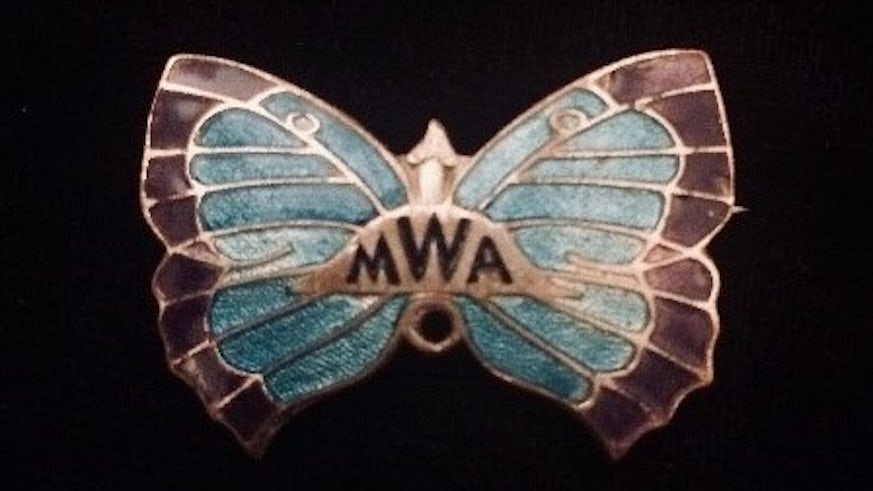For richer or poorer - equality in marriage explored by Cardiff law lecturer
25 October 2022

As the number of women leaving work to care for their families increases, a Cardiff lecturer is exploring a group of forgotten feminist trailblazers from the late 1930s to see if we can look to the law to help achieve equal partnership in marriage.
Reader in law, Dr Sharon Thompson has recently published a book and launched a podcast entitled Quiet Revolutionaries which delves into the work of the Married Women's Association, a pressure group set up by suffragettes at the brink of the Second World War to address the legal rights of housewives.
The Married Women’s Association sought to change the law to address the poverty women faced in relationships. If you were a married woman in the 1940s, you had little protection under the law. Despite the home being your domain, you couldn’t get a mortgage in your own name. If you weren’t forced out of work by the marriage bar, you would be paid less than your husband, who would take home a pay-packet ironically called a ‘family wage’ which you had no claim upon.
Listen to Dr Sharon Thompson on Woman’s Hour discussing the Married Women's Association
Seeing this imbalance, the Married Women’s Association sought for equal financial partnership in marriage, arguing that without the unpaid labour of the wife maintaining the home and caring for children, the husband would not be able to go out to work. Therefore, all wages brought into the house should be shared equally by spouses during the marriage.
This idea that caregiving should be compensated was a radical one and although the association was unable to pass all the laws they were concerned with, they were instrumental in getting the Married Women’s Property Act 1964 enacted, which saw wives given the right to a one-half share in housekeeping savings. Overall, their influence was subtle, yet significant, because the association’s work was changing the conversation around the value of women’s work in the home.
Linking the association’s work to today, Dr Thompson said, “The status of women has changed unrecognisably since the early days of the association. However, broader problems of gender inequality endure.
Research shows mothers are still more likely to make career sacrifices than fathers. Women take longer than men to recover financially when their marriage has broken down. And the gendered gap in pension wealth can also create significant financial inequalities between spouses.”
To find out more about the hidden history of the Married Women’s Association, Dr Thompson’s book is available via Bloomsbury. You can also listen to the Quiet Revolutionaries podcast on most major podcast platforms or visit the Married Women’s Association website.